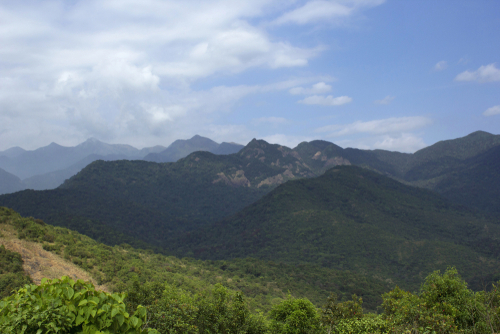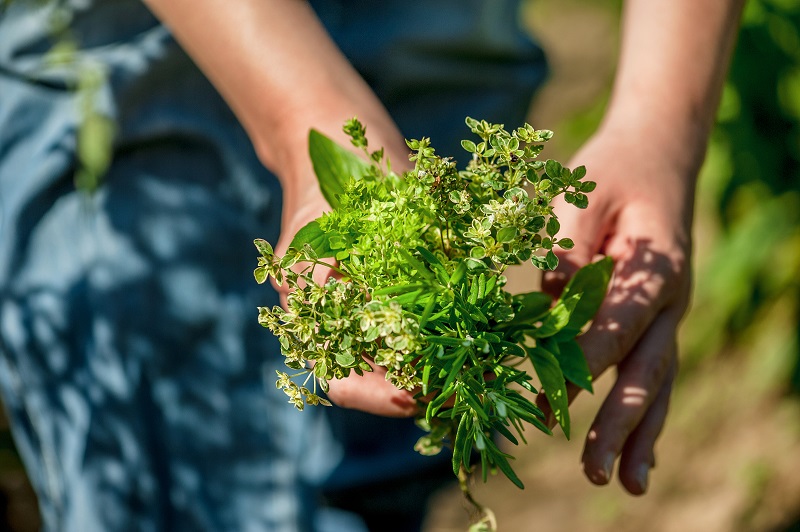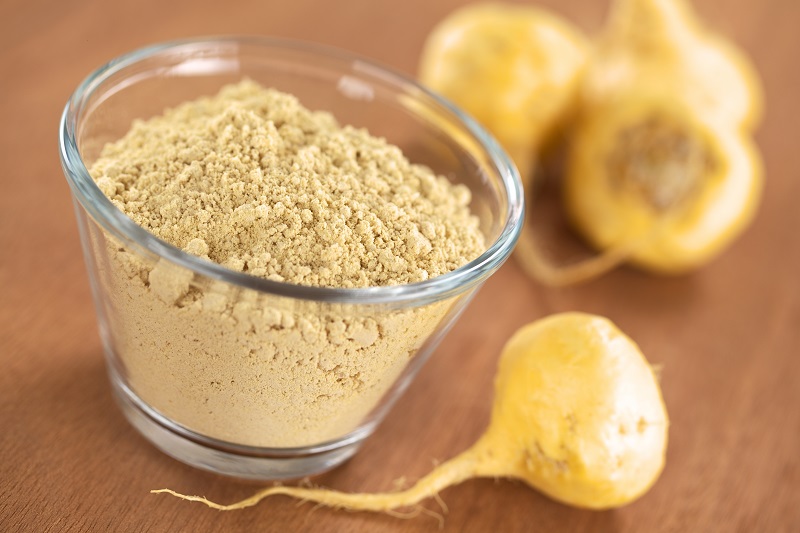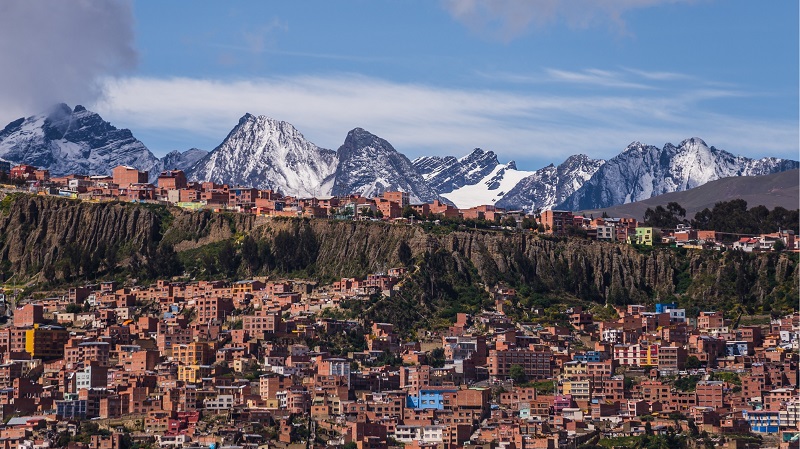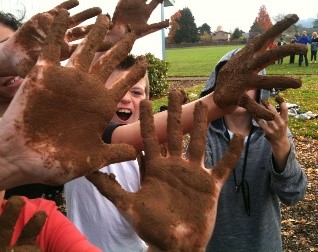Historical Herbalist: Janaki Ammal
Introduction
Dr. EK Janaki Ammal was born on the 4th of November, 1897, she was born in Tellicherry, Kerala, India. Dr. Ammal grew up in a large household, where she was one of 19 children.1 Known for being an Anglo-Indian botanist who worked on plant breeding, her most notable work involved studies on sugarcane and eggplant.2
Educated Woman
Dr. Ammal was born in India as a mixed-race child. Her mother, who was her father’s second wife, was born out of wedlock to an Indian woman of a certain caste and a British official. Despite her caste status and gender, she was able to attend Sacred Heart Convent for her primary education and eventually continued her education at Queen Mary’s College, the third oldest college in India.1 She obtained her bachelor’s degree there and received an Honors Degree in Botany from Presidency College.4 Then, she taught at the Women’s Christian College in Madras.5 However, she taught only for three years before she received a scholarship to join the Botany department at the University of Michigan and obtain her Master’s degree.4 After returning to India to teach at the Women’s Christian College, she was awarded the first Oriental Barbour Fellowship and she returned to the University of Michigan to earn her Doctorate in 1931.3
Botanical Development and Conservation
In the 1930s, Dr. Ammal worked as and geneticist at the Sugarcane Breeding Institute to develop sweeter sugarcane for India’s domestic production.4 Later in her career, during the 1950s, she led the Botanical Survey of India where she highlighted the value of indigenous knowledge about Indian plants5 and advocated protecting and preserving plant species.1 Later in her career, she studied medicinal plants5 and wrote articles about ethnobotany. She also advocated for the preservation of Silent Valley, an evergreen tropical forest in India, which became a national park shortly after her death. 1 Her legacy and contribution to botany lives on in the names of several plant species, including magnolia and rose hybrids, as well as native Indian plant species and even a gecko!2
Sources
1 – Janaki Ammal Fight Indias Botanical Future

